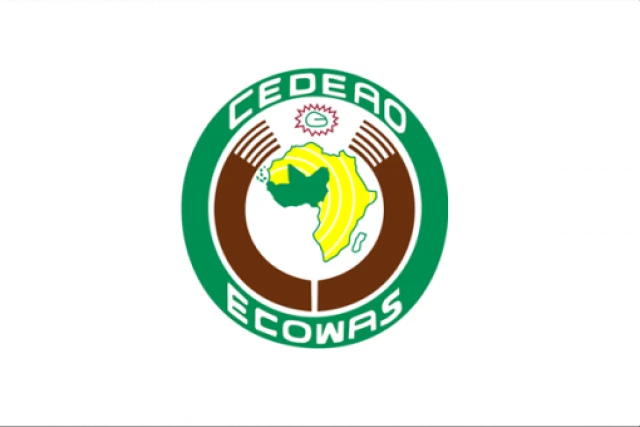Members of the ECOWAS Parliament have urged Mali, Burkina Faso, and Niger (Sahel States) to reconsider their choice to leave the subregional organization and rejoin it.
The Chairman of the parliament’s Joint Committee Delocalised Meeting, Senator Edwin Snowe, made this appeal during the closing ceremony of a five-day meeting held in Banjul on Friday.
The delocalised meeting of the Joint Committee on Political Affairs, Peace, Security, Human Rights, Trade, Social Affairs, Gender, and Persons with Disabilities aimed to assess the significant repercussions of these countries' withdrawal.
Recall that the three nations officially departed from ECOWAS earlier this year, asserting that the organization had strayed from its foundational principles and had become an instrument of the West.
Snowe, a legislator from Liberia, remarked that the exit of these three nations posed a significant challenge for ECOWAS, which has been dedicated to economic integration and development for 50 years.
He stressed the importance of restoring connections and promoting unity, especially in light of the potential impact of the withdrawal on the socio-economic welfare of the affected citizens.
"We want you back. Let us unite as one team. Regardless of our differences, we can agree to disagree," he stated.
He also highlighted the importance of collaboration within the parliament, encouraging staff to prepare for upcoming challenges.
"The work we accomplish here relies on having good staff. A parliamentarian can be highly educated, but without a competent team, they will not succeed," he asserted.
Additionally, Chairperson of the Parliamentary Committee on Social Affairs, Gender, Women in Parliament, and Oppressions with Disability, Veronica Sesay, called on the countries that withdrew to set aside their grievances and return.
She emphasized the necessity of unity and cooperation among member states, referencing ECOWAS's interventions in Liberia and Sierra Leone during their civil conflicts.
"We need you back, Burkina Faso, Niger, Mali. We are a bloc and should work together. ECOWAS played a crucial role in our stabilization during the wars in Liberia and Sierra Leone," she stated.
Sesay also urged the withdrawn countries to reflect on the repercussions of their decision, particularly concerning vulnerable groups such as women and children.
"In times of crisis, it is primarily women and children who bear the brunt," she observed.
The parliamentarians stressed the importance of maintaining an open dialogue with the countries that exited while advocating for an inclusive approach that involves both the ECOWAS Parliament and Commission.
They suggested engaging women parliamentarians in mediation and collaborating with other regional bodies, such as the African Union and river basin authorities.
Despite the January deadline for withdrawal, the lawmakers noted that a six-month grace period was established to facilitate dialogue aimed at bringing the departed nations back into the ECOWAS community.
They reaffirmed their commitment to preserving the unity and stability of ECOWAS and pledged to uphold subregional peace, cohesion, security, and the free movement of people and goods.




















